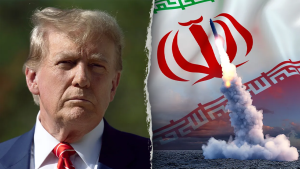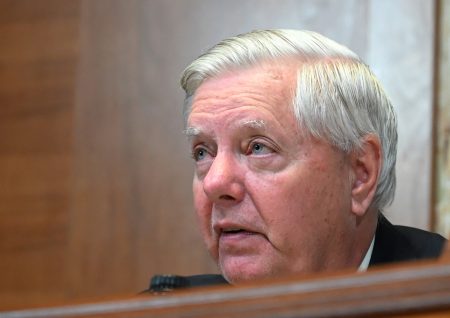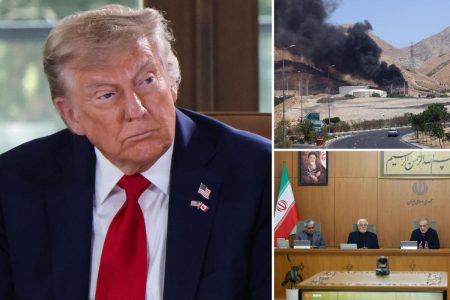The 1939 Winter War, Stalin’s invasion of Finland, serves as a chilling historical parallel to Putin’s 2022 aggression against Ukraine. Both invasions were preceded by failed negotiations, with Moscow harboring delusions of a swift victory based on superior military might. Stalin, like Putin, underestimated the resilience of his smaller neighbor, expecting a quick capitulation. Stalin aimed to present Finland as a birthday gift, while Putin invoked the pretext of “denazification” and ensuring Ukrainian neutrality. Both dictators employed disinformation and false flag operations to justify their aggression, echoing each other across the decades. Stalin labeled the Finnish leadership as fascist, fabricating a narrative of a necessary buffer zone against Germany, while Putin manufactured a similar narrative of a Nazi-infested Ukraine threatening Russia. The Winter War saw brutal fighting in freezing conditions, with ill-equipped Soviet troops, many of them Ukrainian conscripts, perishing in the harsh winter. Eighty years later, similar scenes of carnage and human suffering unfolded in Ukraine, reinforcing the disturbing parallels between the two conflicts.
The outcome of the Winter War, while a military defeat for the Soviets, resulted in territorial concessions from Finland. This historical experience fuels Finland’s current warnings against Ukraine ceding territory to appease Russia. The concept of “Finlandization,” where a nation maintains nominal independence but aligns its foreign policy with a more powerful neighbor in exchange for security, is now vehemently rejected by Finland. The experience of decades of constrained sovereignty under the shadow of Soviet influence, coupled with Russia’s blatant violation of Ukraine’s sovereignty, has solidified Finland’s stance against any such arrangement for Ukraine. Finnish officials and experts argue that Finlandization is a relic of the past, unsuitable for the present geopolitical landscape, and would only serve Putin’s expansionist ambitions. They emphasize the importance of respecting Ukraine’s sovereignty and right to choose its own alliances, a right Finland itself exercised by joining NATO in 2023.
The debate over Finlandization highlights the complex interplay between national sovereignty, security concerns, and geopolitical realities. While Finland ultimately survived the Winter War and retained its independence, the price was steep. The experience shaped Finnish foreign policy for decades, forcing a delicate balancing act between East and West. For Ukraine, the stakes are even higher, given the scale of Russia’s invasion and the existential threat it poses. Accepting a Finlandization-like arrangement would not only legitimize Russia’s aggression but also potentially leave Ukraine vulnerable to future coercion. The international community faces the challenge of finding a solution that respects Ukraine’s sovereignty while addressing Russia’s security concerns, a task complicated by the Kremlin’s history of broken promises and aggressive behavior.
The possibility of a negotiated settlement in the Ukraine conflict raises further echoes of the Winter War. While the specifics differ, the underlying dynamic of a smaller nation facing a larger, more powerful aggressor persists. The question of territorial concessions, security guarantees, and the future relationship between Ukraine and Russia remain central to any potential peace deal. However, the historical context of Finlandization, and Finland’s own experience with such an arrangement, serves as a cautionary tale. Any agreement that compromises Ukraine’s sovereignty or limits its ability to choose its own alliances is likely to be met with strong resistance, not only from Ukraine itself but also from the international community.
The role of the United States and other international actors in mediating a potential peace settlement is also significant. The parallels between the Winter War and the Ukraine conflict highlight the importance of learning from history and avoiding the mistakes of the past. The international community must stand firm in its support for Ukraine’s sovereignty and territorial integrity, while also seeking a diplomatic solution that addresses the underlying causes of the conflict. A simplistic application of the “Finlandization” model, however, would be a disservice to Ukraine’s struggle and a betrayal of the principles of international law and self-determination. The goal must be a just and lasting peace that respects Ukraine’s right to choose its own future, free from external coercion and aggression.
Ultimately, the legacy of the Winter War and the concept of Finlandization serve as a stark reminder of the complex challenges facing Ukraine and the international community. The echoes of history offer valuable lessons, emphasizing the importance of defending national sovereignty, resisting aggression, and seeking peaceful resolutions that respect the rights of all nations. The future of Ukraine, and indeed the broader international order, depends on learning from the past and forging a path towards a more just and peaceful future.










